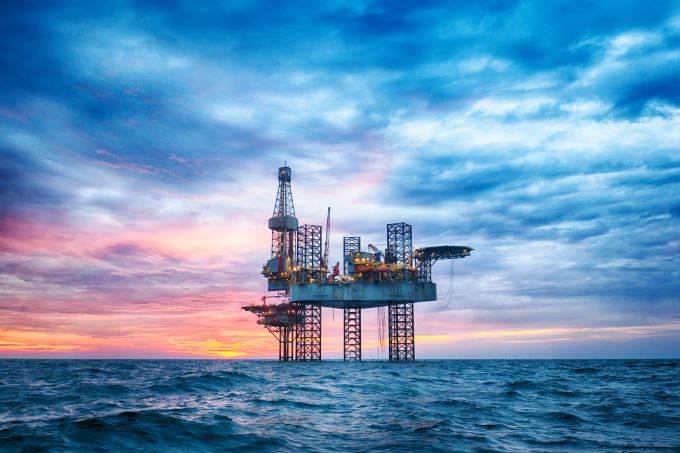 The repercussions of the US President’s decision to order a drone strike to kill a senior Iranian General near Bagdad airport are starting to be felt.
The repercussions of the US President’s decision to order a drone strike to kill a senior Iranian General near Bagdad airport are starting to be felt.
Whilst Iran has sworn to avenge the death of the Iranian Guards commander Qasem Soleimani, it has taken no direct action yet. It has announced that it will no longer comply with an international accord which required it to restrict the enrichment of uranium. Whilst Tehran has always strenuously denied that it has any intention to make or procure nuclear weapons, the enrichments it has already produced for fissile 235U are well beyond anything required for civil nuclear purposes. The fact that much of the enrichment work was conducted at military or secret, buried facilities has long since led the Western Powers to conclude that Iran is intent on becoming a nuclear power.
Approximately one fifth of the world’s oil supply passes through the Strait of Hormuz, a narrow body of water between Iran and Oman. If the conflict between the USA and Iran escalates, there are fears that this flow will be severely disrupted. This concern and the raised geopolitical tensions have seen the price for Brent crude pass through the $70 mark on the first full day of trading since the end of the New Year period.
Increased prices for oil will have a knock-on effect on the costs for energy production and transportation as well as in industries which use crude oil as a feed stock (e.g. plastics), raising costs and generating higher inflation.
The price of Brent crude last went through the $70 mark four months ago when Houthi rebels launched a drone strike on a Saudi Arabian oil production facility. It is widely believed that Iran sponsors the Houthi rebels as a surrogate in the civil war in Yemen.
Whilst European nations have largely called for restraint from both sides, Mr Trump has claimed that he would hit 50 Iranian targets, including cultural sites, should the Iranians engage in any military reprisals against US interests in the wake of Friday’s assassination.
